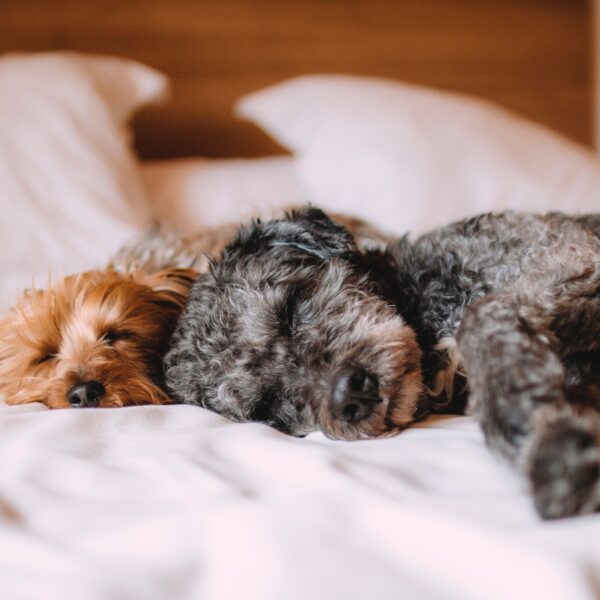Does your feline friend appear as if by magic at the sound of the fridge door? Are they a milk monster? The classic storybook image is of a contented cat lapping a bowl of fresh milk, but is it OK to give a cat milk? Read on for answers to this and more.
Can cats drink milk from cows?
A complete cat food and free access to water is all that your fab feline needs to stay fit and healthy. So, milk isn’t needed as part of a balanced diet but is at actually harmful? The simple answer is yes, it can be for 2 reasons:
- Many cats can’t digest milk properly
- The high fat content of milk increases the risk of weight gain and obesity
Not sure if your cat is overweight? Check out our article for more information.

Can cats be lactose intolerant?
Food intolerances happen when the body, whether human or feline, is unable to digest a particular food properly. Many adult cats have limited or no ability to digest lactose, in other words they are lactose intolerant. This is distinct from a food allergy where the immune system sees the food as an invader and so mounts an immune response against it, resulting in an allergic reaction.
Signs of lactose intolerance in our feline friends are similar to those seen in humans, usually starting within 8-12 hours of drinking milk. The most common signs are:
- Diarrhoea
- Vomiting
- Stomach cramps
At what age do cats become lactose intolerant?
Kittens are born with the ability to produce lactase, the enzyme needed to digest lactose (milk sugar). In fact, this milk sugar is an important energy source for new-born felines as they are entirely dependent on their mother’s milk to live and grow. Weaning will start at about 4 weeks of age and as more of a kitten’s nutritional needs are met by solid food, so their digestive system starts to reduce lactase production.
By the age of 8 to 9 weeks, when weaning is complete, the enzyme levels will have decreased to such an extent that these curtain-climbing crazy bundles of fun may be lactose intolerant. Read more on kitten development here.

Is lactose free milk ok for cats?
Specially-designed cat milk products tend to have a greatly reduced lactose content and some are lactose free. This means that cat milk is unlikely to make your kitty unwell, however it still has a relatively high fat content so should only be offered as an occasional treat. The only drink that your cat needs to stay healthy is water.
Why cats love milk
I’m sure you can sympathise with your cat because, as often seems to be the case, some of our favourite treats are not best for keeping us fit and healthy. The high fat content of milk gives it a delicious creamy taste that many of our feline friends just can’t resist. Rather than giving into your cat’s demands for their dairy fix though, why not spend some time engaging with your pet, through grooming or playing with a favourite toy together. Often, we misunderstand our kitty’s pestering for food demands when social contact makes them just as content.
So, can cats have dairy? The simple answer is that dairy foods are best avoided by our feline friends. Even if your kitty can drink milk without feeling unwell, it is not needed as part of a balanced diet and may contribute to weight gain.
Now you know the answer to whether it is ok to give a cat milk, why not check out our article on wet vs dry food here.


